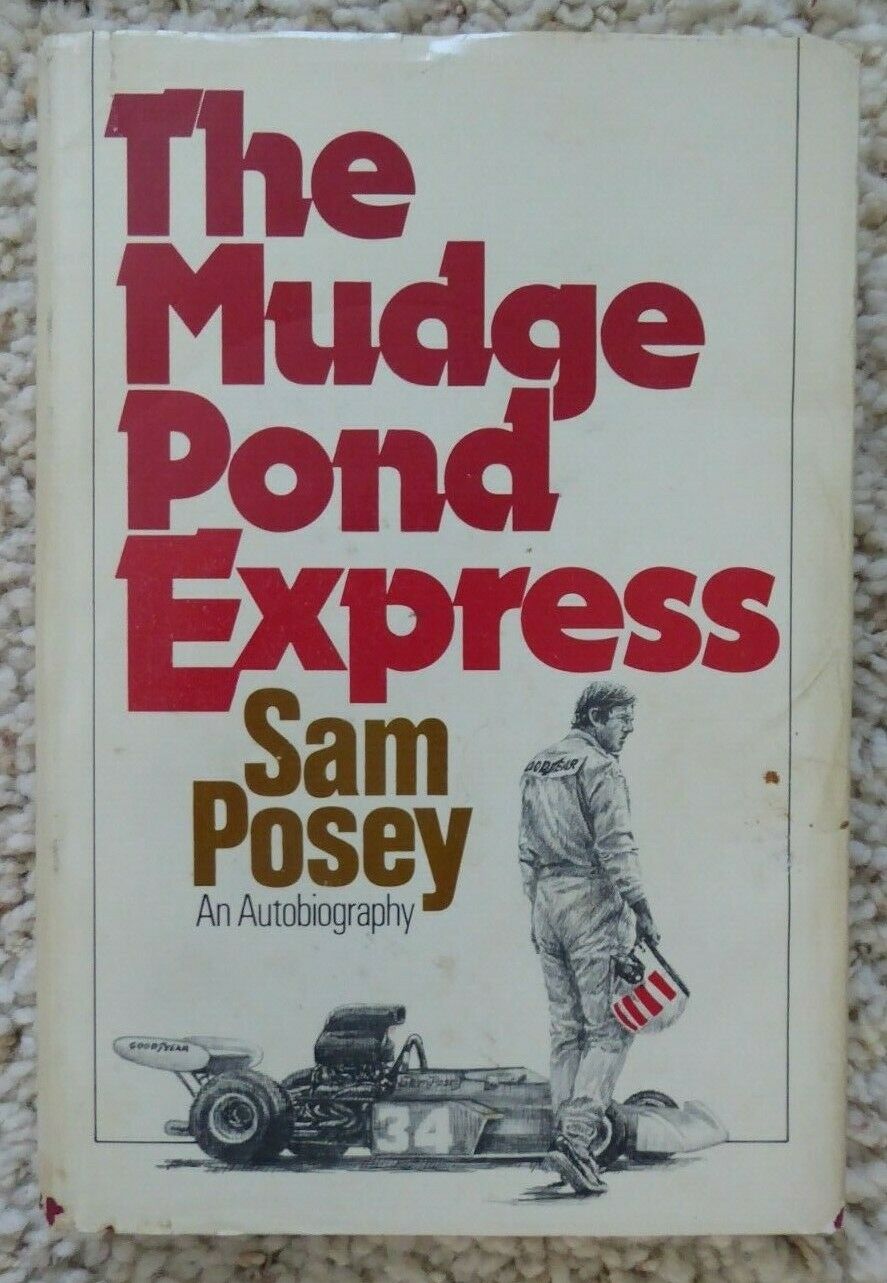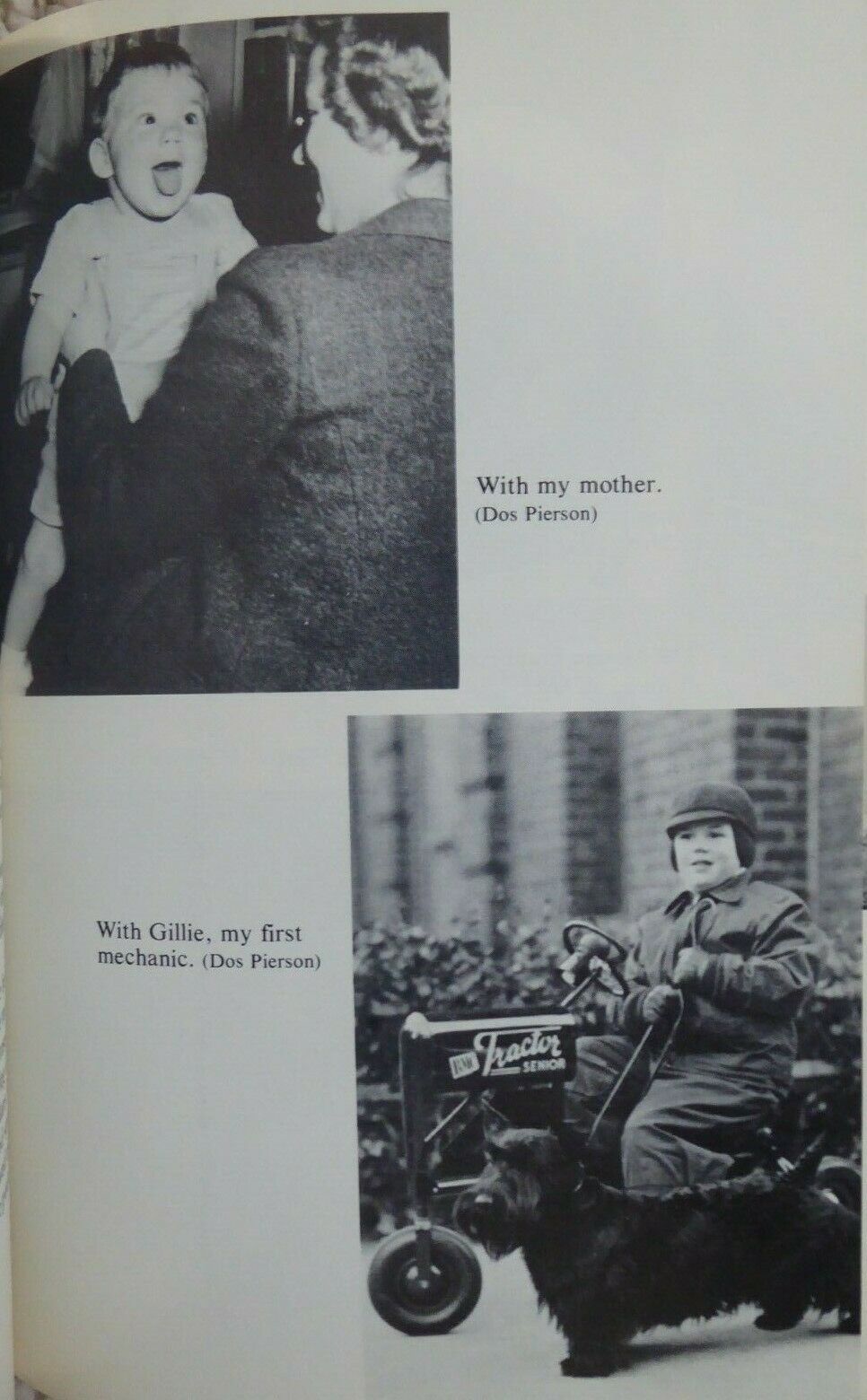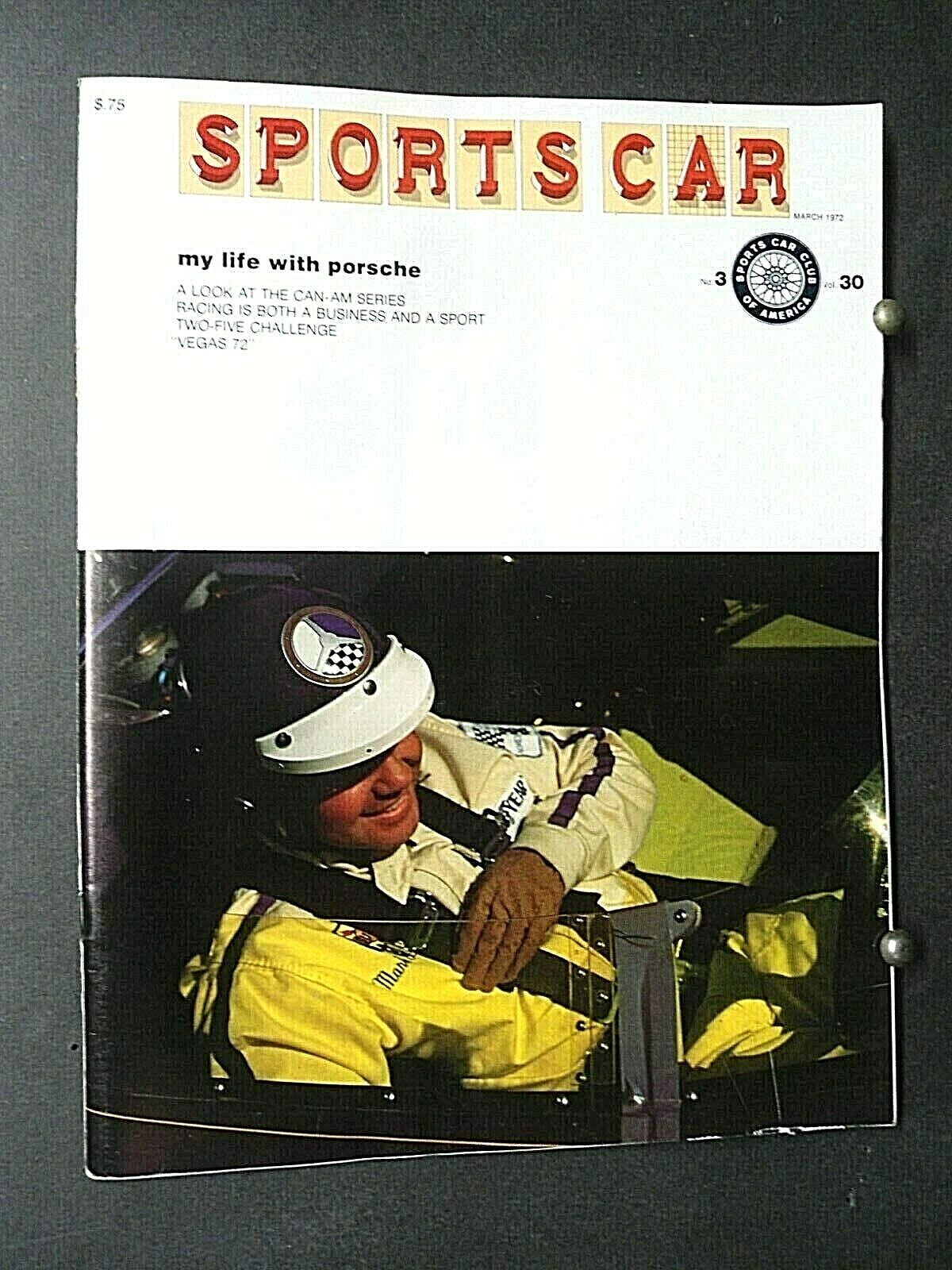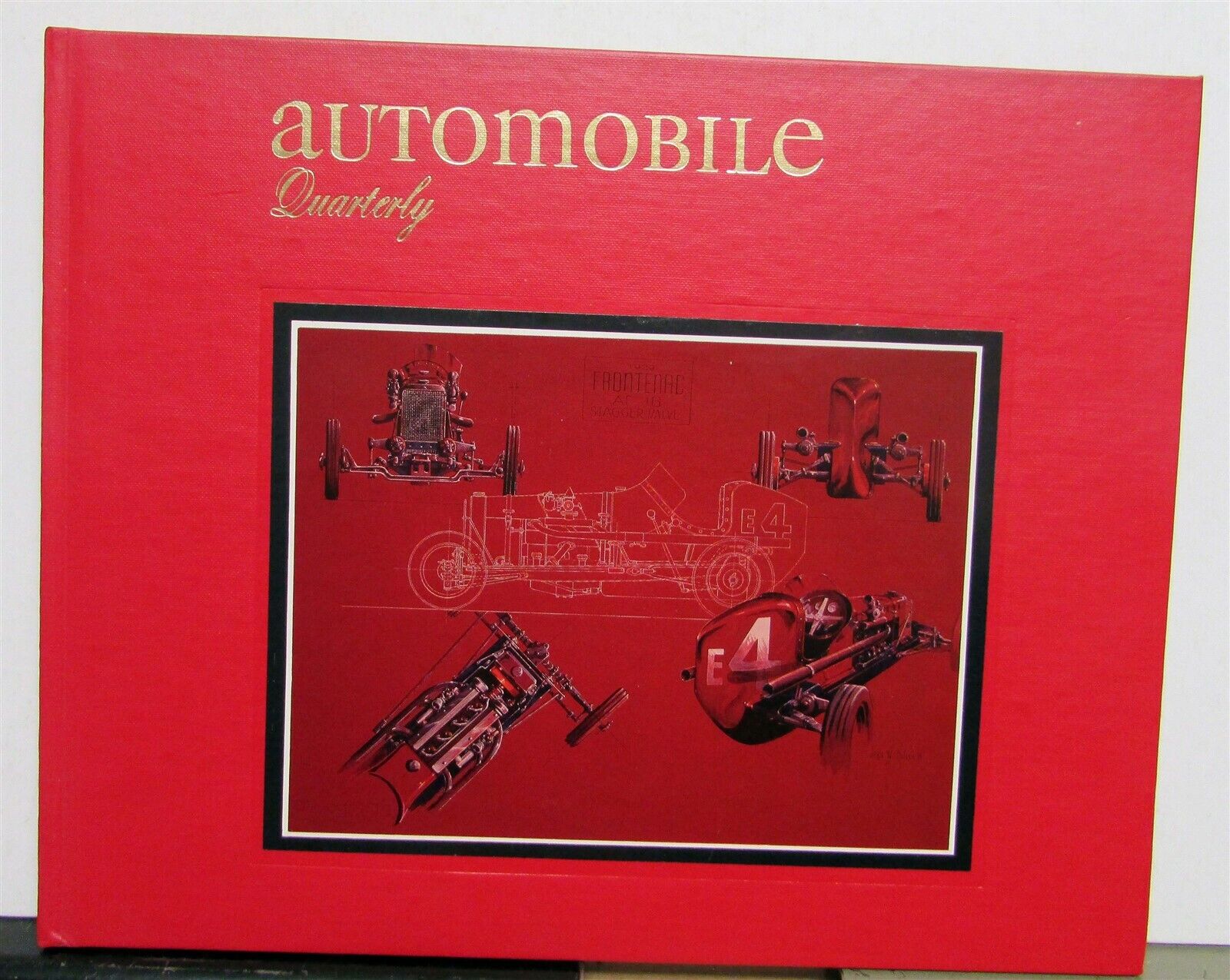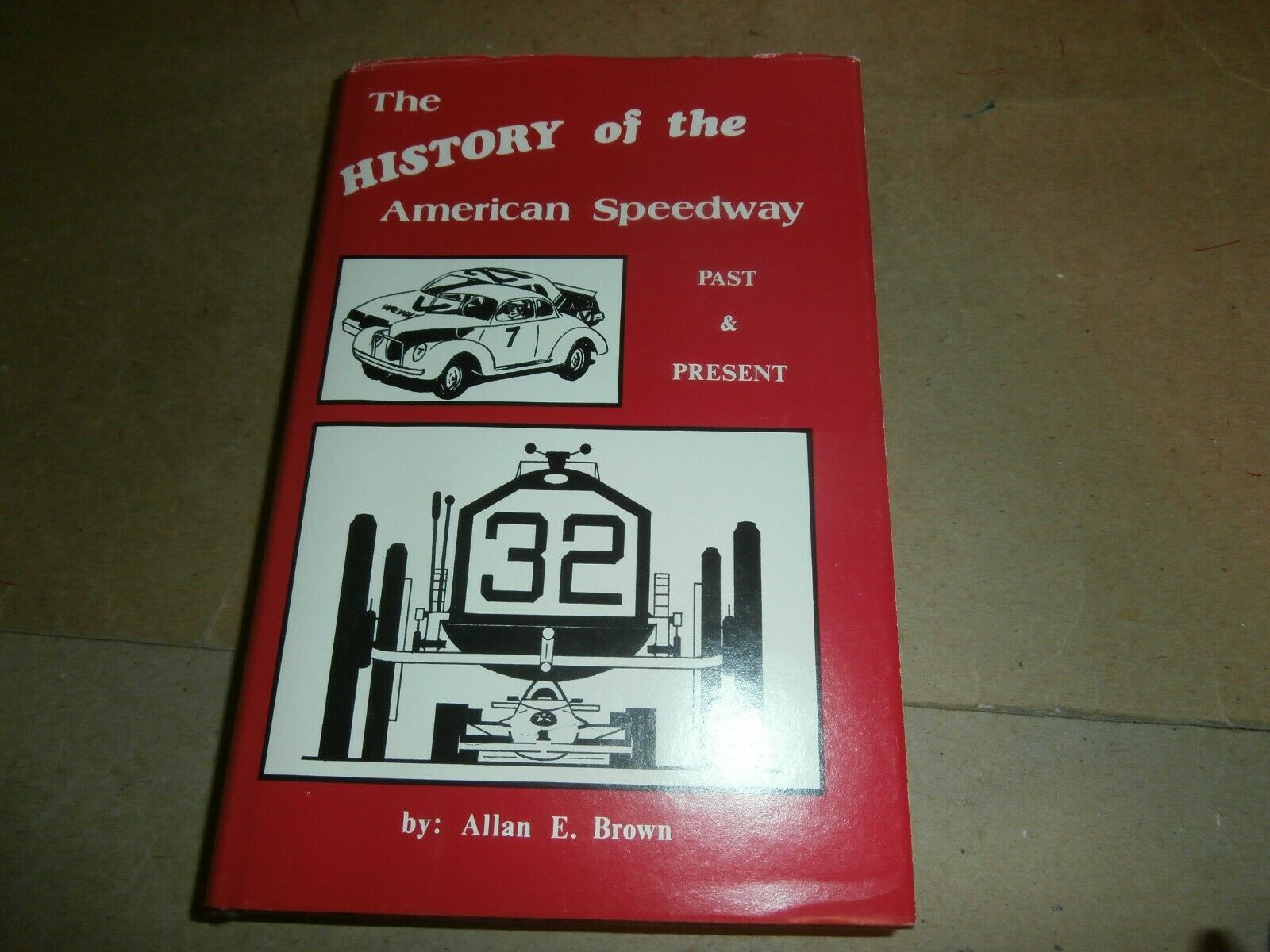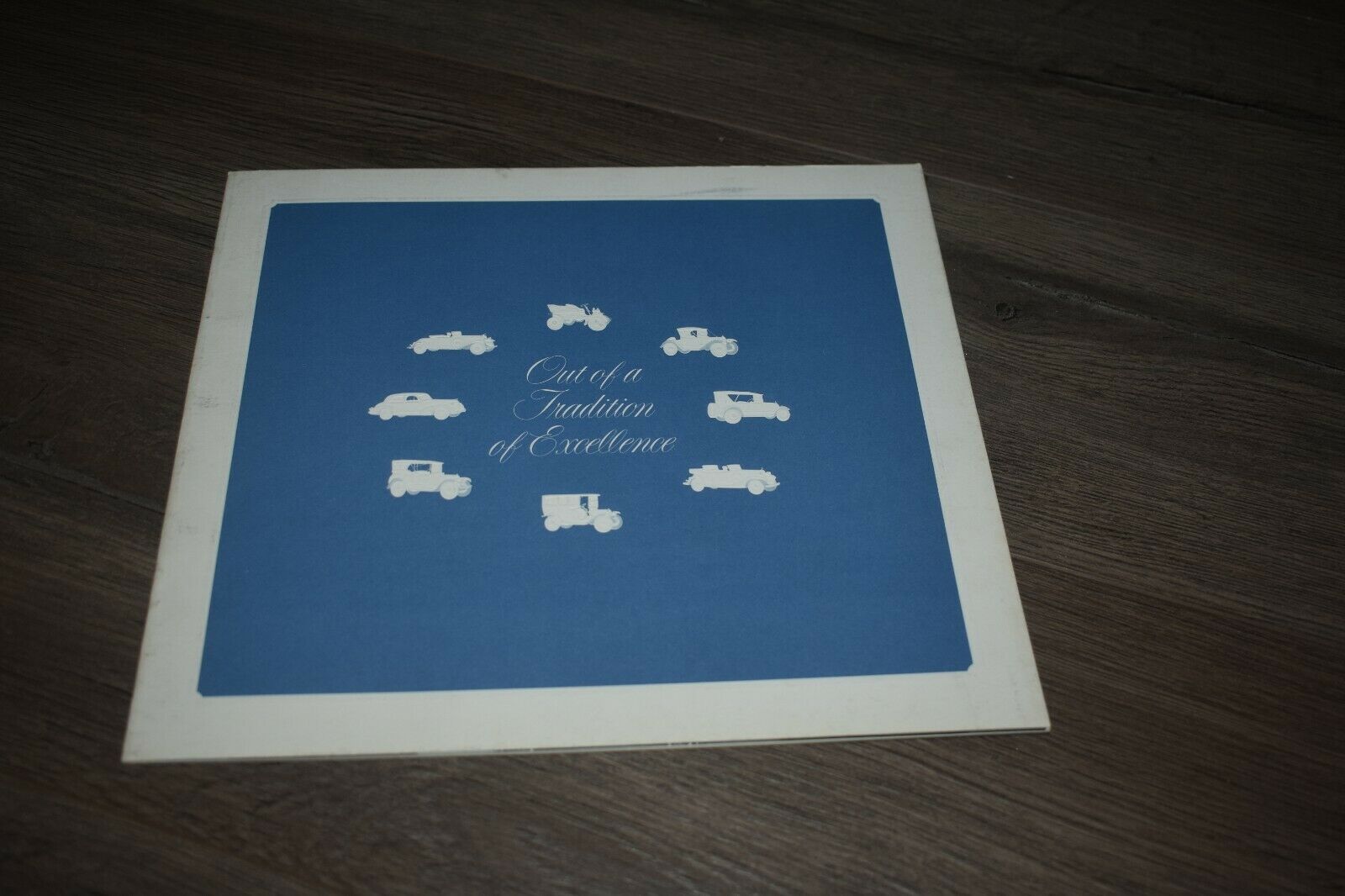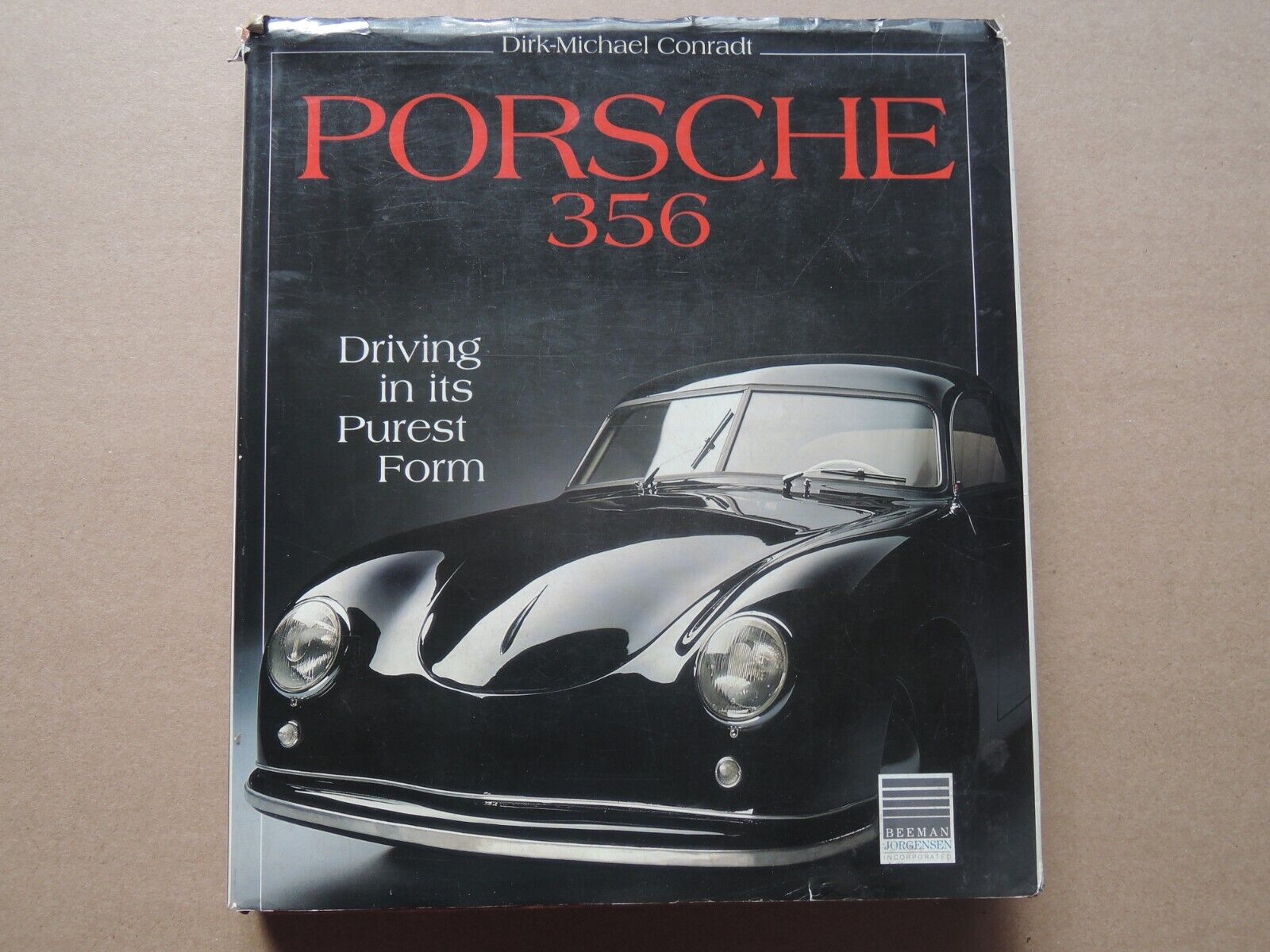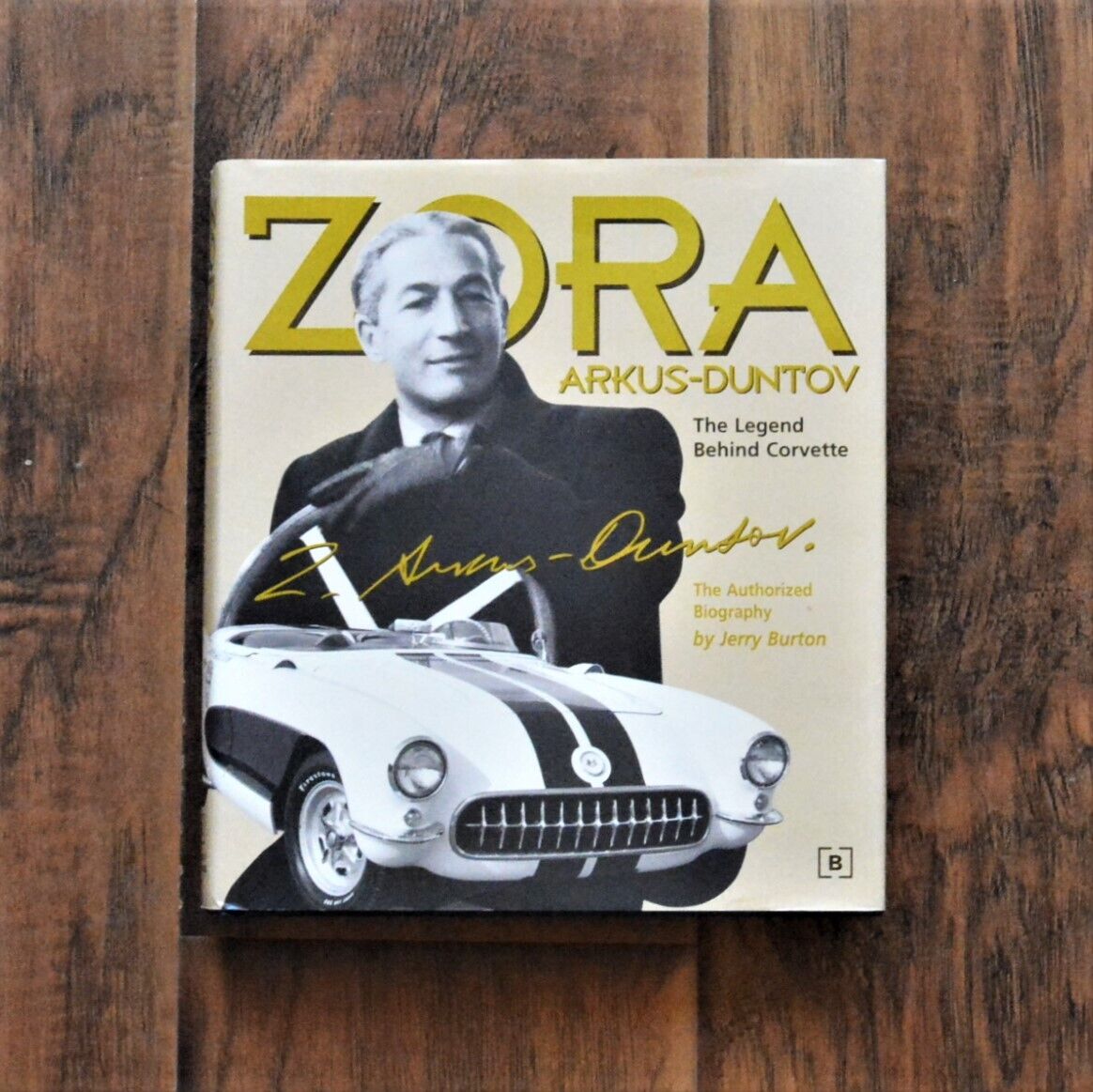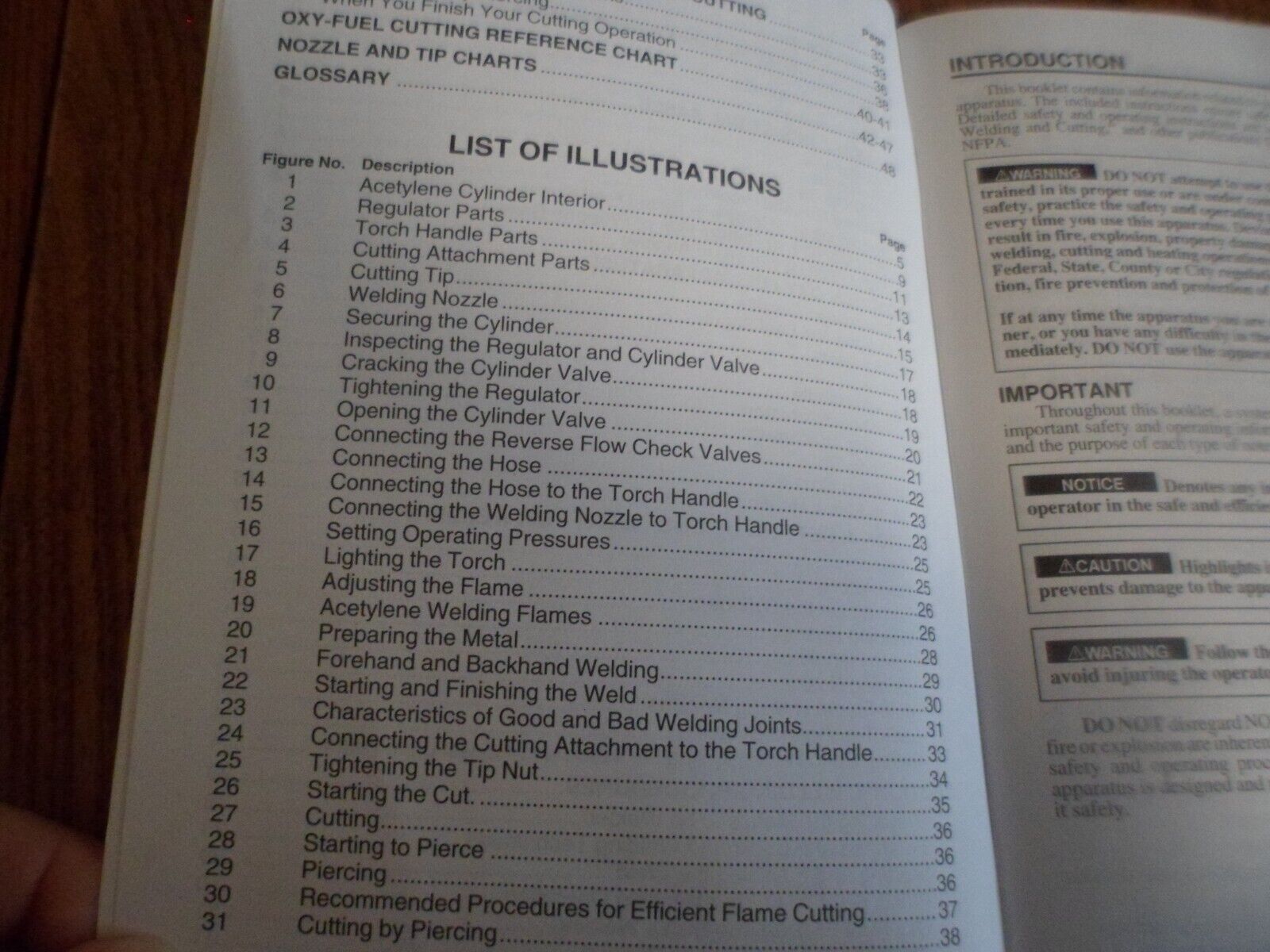-40%
The Mudge Pond Express by Sam Posey
$ 105.6
- Description
- Size Guide
Description
The Mudge Pond Express by Sam Posey.1976 first edition, hardcover with dust jacket.
The biography of race car driver Sam Posey.
Dedicated/signed by Sam Posey (see photo).
Participated in amateur sports car racing circuit - Can-Am, Trans-Am, Formula 5000, Le Mans, Daytona, and Indy.
318 pages with photos. Hardcover with dust jacket (some shelf wear; see photos). Good condition. SBN 399115692
Sam Posey was born in New York City in 1944 and is perhaps best known as a racing car driver. His distinguished racing career included drives at the Grand Prix, the Indy 500 and Le Mans. Having retired from racing, Posey became a motor sports commentator and sports journalist. He is also a designer and artist. Posey studied at the Rhode Island School of Design in New York and received a bachelor of Fine Arts in 1966.
Sam Posey started as an amateur sports car racer, and graduated to the Can Am and Trans Am. Posey raced the Sunoco Camaro for Roger Penske in 1968 in the Trans Am series. Chevrolet won the championship based on the Penske team effort. Mark Donohue was the lead driver and he won a remarkable 10 of 13 races. Posey's first race was at Bridgehampton where he finished 3rd. Other finishes were: Meadowdale, 3rd’; St Jovite, 3rd; Bryar, 6th; Watkins Glen, 2nd which was the only race that Donohue was beaten by a Camaro in 1968. Posey's car was the same Sunoco Blue with yellow lettering as Donohue. Posey sported a yellow spoiler and Donohue had a red spoiler.
In 1969, he won the Lime Rock Trans-Am in a factory Ford Mustang. In 1970, Posey was the driver for Ray Caldwell's factory-backed Autodynamics Dodge Challenger in Trans-Am, racing against Parnelli Jones, Dan Gurney, Mark Donohue and Jim Hall in what most racing historians regard as the greatest season of professional road racing in US history. Posey also raced in the USAC Championship Car series in the 1969 and 1972-1974 seasons, with 13 career starts, including the 1972 Indianapolis 500. He finished in the top ten 8 times, with his best finish in 3rd position in 1969 at the Kent road course. He was the team driver for Caldwell's Can-Am racer which featured monocoque aluminum construction in two parallel longitudinal space frames, with solid front and rear axles.
As an endurance racer, Posey appeared at the 24 Hours of Le Mans 10 times (1966, 1969–1973, and 1975–1978) and finished in the top 10 five times. His best finish was 3rd position during the 1971 competition in which he drove the Ferrari 512M. He also won the 1975 12 Hours of Sebring, teaming with three other drivers.
He participated in two Formula One world championship events, the 1971 and 1972 United States Grand Prix, retiring from the first and finishing 12th in the second, thus not scoring any championship points. He drove Surtees cars on both occasions, but only the first was a works-entered car.
He also competed in a single event in the NASCAR Grand National Series (now known as the Monster Energy NASCAR Cup Series), the first race of the 1970 season, held on the Riverside International Raceway road race course in Riverside, California.
Posey went on to become an auto racing commentator for ABC Sports. Posey debuted on ABC for the Indianapolis 500 in 1974, serving as analyst. In subsequent years, he served as a pit reporter, and ultimately returned to the booth starting in 1982.
While commentating the 1986 Indianapolis 500, as there was a yellow flag out very near the end of the race, Posey used a two-way radio to ask an impromptu question to race leader Kevin Cogan. Posey was trying to ask Cogan about his thoughts in leading the Indianapolis 500 at this stage. Cogan tried to stave off the conversation once, but Posey persisted a second time, at which time Cogan politely replied to Posey that he was "a little busy now," but would talk to him later. Posey understood the circumstances and told the audience if that were he, "I wouldn't want to talk to me either." Moments later, on a restart with two laps remaining, Bobby Rahal jumped Cogan on the restart and went on to win.
Along with the Indy 500, Posey's ABC Sports duties included commentary for the CART/PPG Indy Car World Series with Paul Page and Bobby Unser, lasting through 1995. Posey also appeared on selected NASCAR broadcasts on ABC. The three-man booth of Page, Posey, and Unser was a fixture of Indy car racing during the late 1980s and early 1990s. Posey and Bobby Unser were known to engage in friendly, but sometimes heated exchanges on-air. The friction reached a level such that beginning in 1993 at the Indy 500, Unser moved out of the booth and began reporting from a remote location in turn two.
In 1989, Posey was brought in as part of the ABC Sports broadcast team covering the 1989 Tour de France. Many people were surprised by Posey's knowledge and genuine enthusiasm for the sport. ABC would bring him back as the lead anchor for the 1990 and 1991 races. Posey also worked as the play-by-play announcer for luge during ABC's coverage of the 1984 Winter Olympics in Sarajevo and the 1988 Winter Olympics in Calgary.
